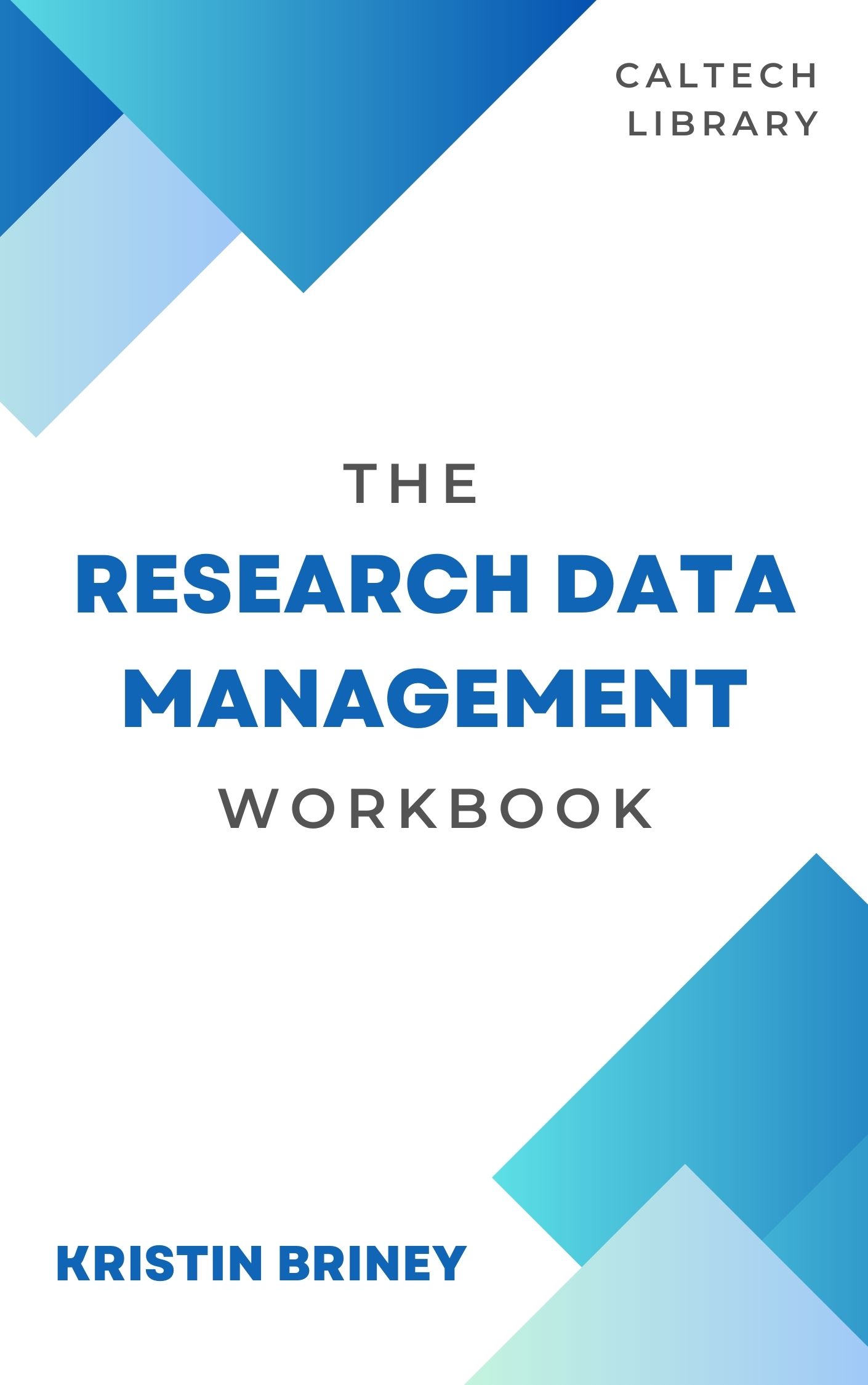I just got back from my favorite conference on data, Research Data Access and Preservation (Storify highlights), and am processing all of the great things I learned about there. While some of these things will probably end up in future blog posts, I did want to share a bit on what I talked about during my own panel presentation which is relevant here.
The panel itself was entitled “Beyond Metadata” and I spoke about different methods for teaching documentation types other than metadata. I was particularly excited to be on this panel because I think that librarians’ love of metadata doesn’t always translate into what’s needed in the laboratory. So even though your funder may ask in a data management plan for the metadata schema you plan to use, most of the time that’s not the documentation type you really need.
My general philosophy on research documentation is as follows:
- Most researchers don’t need formal metadata schemas, unless you have a big (time/size/collaborative) project to organize or are actively sharing your data.
- Your first strategy for documentation should be to improve your research notes/lab notebook that you are likely already using.
- That said, you can augment your notes strategically with documentation structures such as README.txt files, data dictionaries, and templates.
It’s actually this latter category of documentation types that you find me talking about a lot, as these are the ones that can really help but that many researchers do no know about.
There are plenty of good reasons to improve your documentation (including giving you the ability to reuse your own data, making sure you don’t lose important details, and being transparent for the sake of reproducibility), but we often don’t teach documentation to researchers beyond the basics. So here are a few resources I’ve created so you can learn to improve your documentation:
- Videos
- My book, “Data Management for Researchers” (due out in September 2015)
- Chapter 4 is all about documentation
- Blog posts
- Other useful resources
Looking over this list, I realize that there are a few gaps in the content of this blog when it comes to documentation practices. So look for future posts on templates and good note taking practices!
Research may yet get to the point where metadata is commonplace but we have many useful documentation structures to employ in the meantime. Research notes in particular have been used effectively for hundreds of years and will continue to be useful. In the end, you should use whatever documentation type that works well for you and ensures that you record the best information you can about your data.





Pingback: Templates » Data Ab Initio